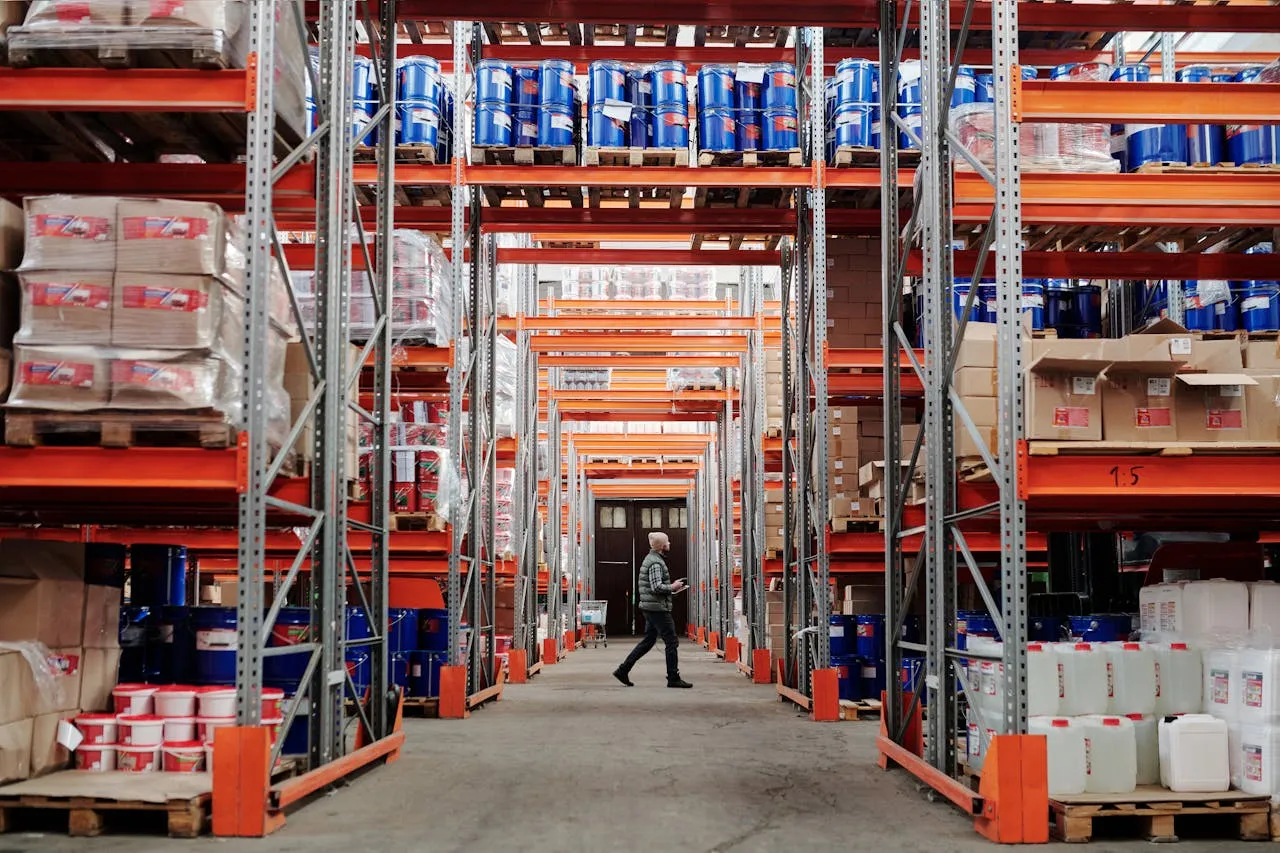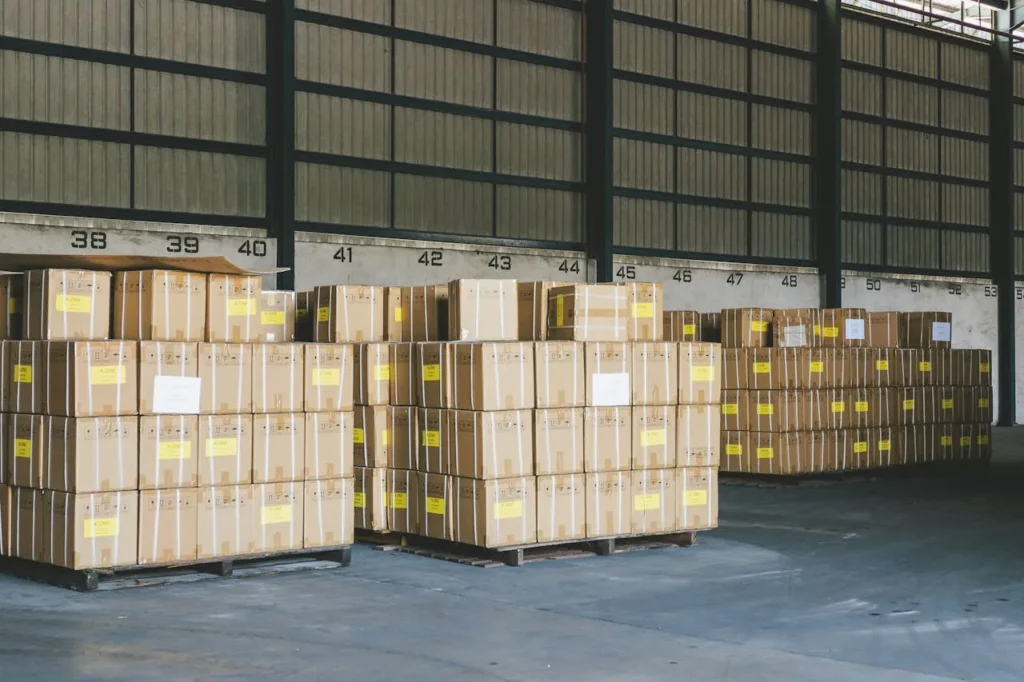
Kargo Secures $18 Million to Revolutionize Inventory Management Standards
Kargo, a frontrunner in industrial artificial intelligence (AI), has announced a successful $18.4 million Series A funding round to fuel its mission of transforming inventory management across the logistics and supply chain landscape. The round was led by Matter Venture Partners, with participation from returning investors Sozo Ventures and Founders Fund, along with strategic support from new investors Lineage and Armada Supply Chain Solutions, LLC—two of the most prominent names in the warehousing and logistics sectors.
The investment underscores growing industry confidence in Kargo’s ability to set a new standard for supply chain visibility, efficiency, and automation. It also coincides with the company’s deployment of its cutting-edge computer vision solution across 240 dock doors within Armada’s national network of warehouse hubs—demonstrating real-world scalability and immediate impact in the high-stakes food logistics environment.
Unlocking the Full Potential of AI in Logistics
Kargo’s vision is clear: to empower modern supply chains with AI-enabled, real-time visibility into freight movement and inventory accuracy. “Comprehensive, proprietary data is the key to unlocking the full potential of AI,” said Sam Lurye, founder and CEO of Kargo. “We’ve become the trusted provider of inventory data for some of the world’s leading supply chains, and this capital investment allows us to accelerate the development of new products, deepen our market penetration, and further our mission to build the connective tissue between warehouses, back offices, and end customers.”
Lurye emphasized that AI is no longer a futuristic concept in supply chain management—it’s a current and essential tool for ensuring integrity, responsiveness, and resilience across global networks.
From Dock to Database: The Kargo Solution
At the heart of Kargo’s offering are its integrated hardware and software platforms—Kargo Towers and Kargo Lifts. Kargo Towers are AI-powered installations at warehouse loading docks that autonomously capture and analyze images of freight labels, cases, and pallet conditions. This visual data is then structured using Kargo’s proprietary large language model (LLM) to provide coherent and actionable inventory records. The system detects discrepancies such as overages, shortages, damages, or compliance violations in real time—enabling immediate corrective actions without manual intervention.
Meanwhile, the Kargo Lift extends this visibility to a new vantage point by being mounted on forklifts and automated guided vehicles (AGVs), ensuring continuous, dynamic tracking of goods within the warehouse ecosystem.
These technologies eliminate the traditional gaps between physical inventory and digital records, giving warehouse operators and supply chain leaders highly accurate, always-updated insight into what’s moving through their facilities.
Metrics that Matter: Proof of Performance
Kargo’s traction in the logistics technology space is not merely theoretical—it’s measurable. The company has experienced 7x year-over-year customer growth, now serving 25 enterprise clients, including heavyweights like Armada, Tyson Foods, Lineage Logistics, Tillamook, Utz Brands, Wayne Sanderson Farms, Aurobindo Pharma, DB Schenker, and NFI Industries.
The company currently manages over 500 active devices—including Kargo Towers and Lifts—deployed in the field, scanning an average of 20,000 pallets per day and generating 2 million visual scans per week. This translates into the processing of approximately $200 million in inventory daily.

Even more compelling is the company’s 215% net revenue retention rate (NRR)—a clear indicator of deep customer satisfaction, repeat business, and rapid expansion within existing accounts. On average, Kargo’s clients double their hardware deployments within the first 12 months of adoption.
Another major differentiator is the platform’s speed to implementation. Kargo boasts an average of 47 days from signature to go-live, a rarity in industrial technology deployments. This rapid deployment is achieved without requiring customers to overhaul existing infrastructure or processes—eliminating the friction often associated with enterprise software rollouts.
Customer Endorsement: Armada’s Experience
Rick Rover, President of Armada’s warehouse division, praised Kargo’s transformative impact on their operations. “Kargo played a critical role in our ability to successfully implement AI in a meaningful way. We were live in under a month, significantly enhancing our inventory management,” Rover said. “Our clients—predominantly large, multi-unit restaurant companies—benefited almost immediately from increased accuracy and traceability.”
Rover emphasized that reliability, agility, and resilience are non-negotiable attributes for any logistics partner serving the food sector. With Kargo’s technology, Armada has been able to uphold and even exceed these expectations.
Industry Validation: A Category-Defining Company
“Kargo is redefining how supply chains operate by making freight data visible, reliable, and actionable at scale,” said Haomiao Huang, Founding Partner at Matter Venture Partners. “Their rapid customer adoption, real-world impact, and deep technical moat make them a category-defining company in logistics AI. We’re proud to back Kargo as they build the modern infrastructure layer for the physical economy.”
This sentiment is shared across a growing coalition of customers, partners, and investors who view Kargo as not just a technology provider, but a transformative force that is reshaping the fundamental operations of logistics networks.
Building the Next Generation of Supply Chain Infrastructure
With this new injection of capital, Kargo is poised to accelerate product development, expand its AI capabilities, and bring its technology to even more industries beyond food and beverage. Areas of exploration include pharmaceuticals, industrial manufacturing, and retail—all of which face similar challenges in maintaining real-time visibility, minimizing loss, and ensuring compliance in increasingly complex global supply chains.
As Kargo builds what it calls the “modern infrastructure layer for the physical economy,” it aims to make AI-driven visibility and automation a standard operating condition for every warehouse, dock, and distribution center—not a luxury.
In an era where logistics disruptions can ripple across entire economies, the ability to generate, structure, and act on physical freight data in real time could prove to be not just a competitive edge—but a necessity.

